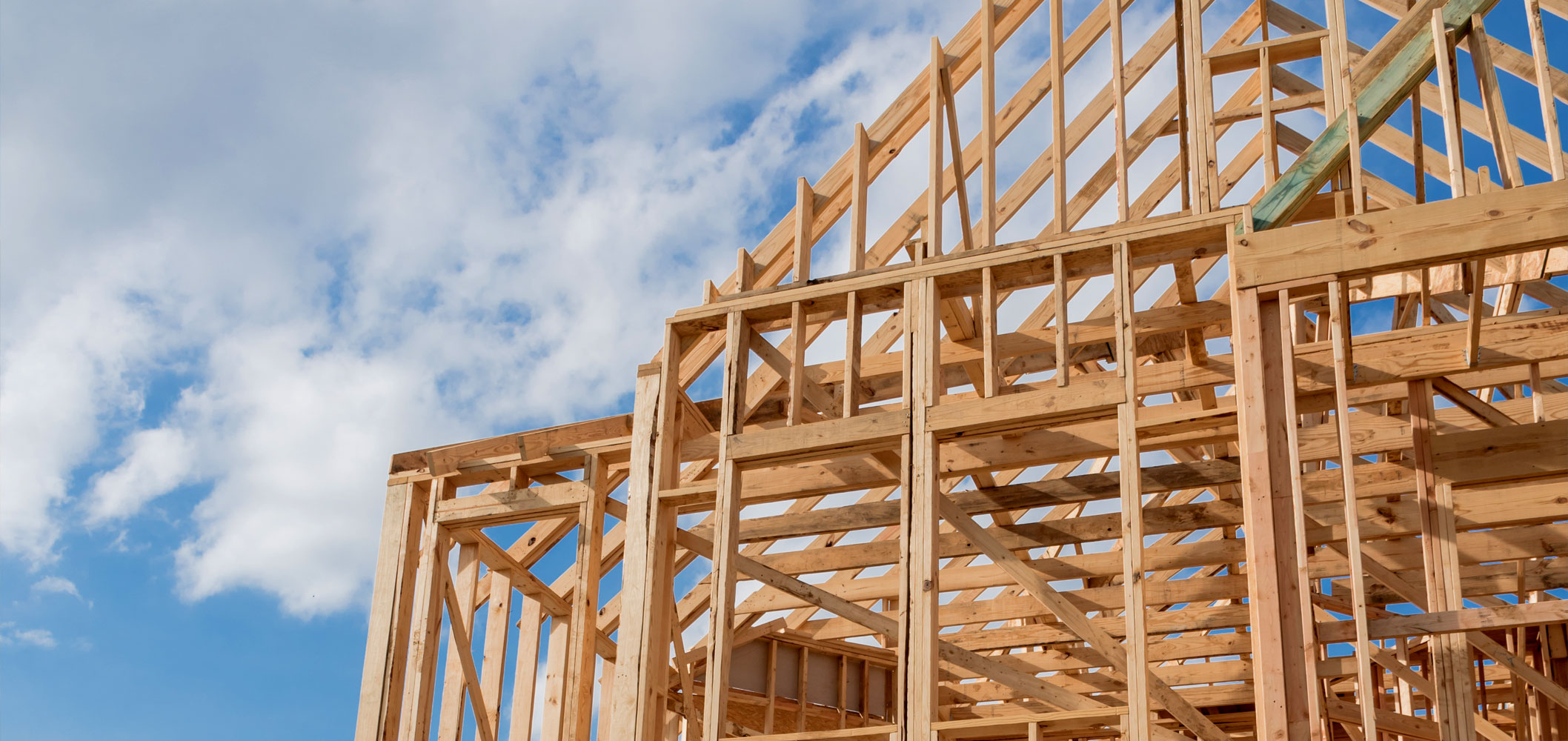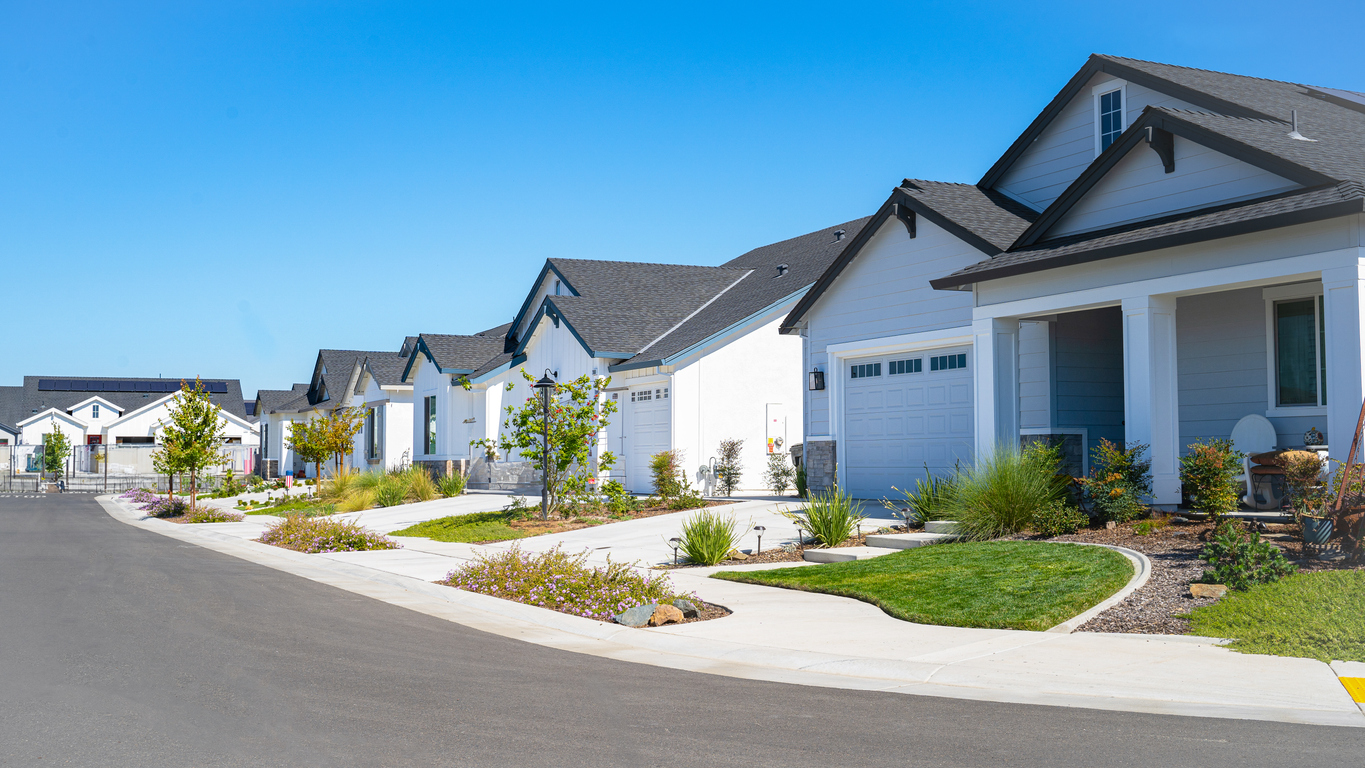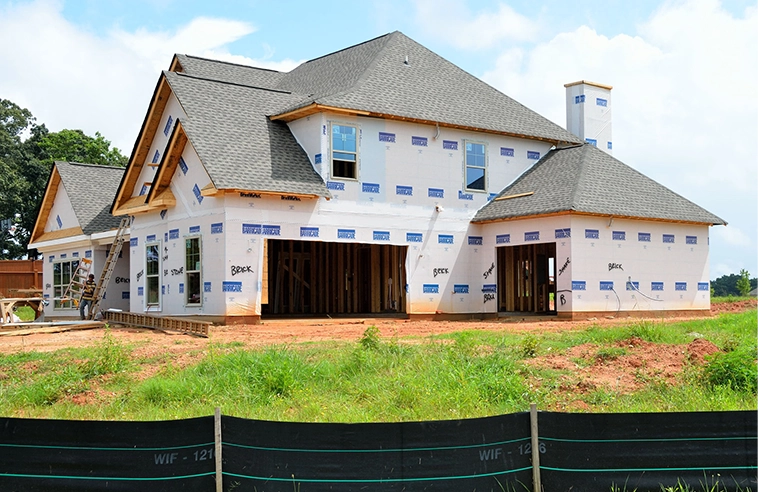The Building Permit Process and Delays in Dallas
Oh, building permit, building permit, wherefore art thou building permit? Not even William Shakespeare could make poetry from the building permit challenges in Dallas.
Let’s step back a moment to understand a building permit and its role in the construction process.
What is a building permit?
A building permit, which is mandated by every state, county, city, and town, is an official government document that’s needed, “…to begin legally sanctioned construction or renovation on a property,” according to HomeAdvisor.
Permitting requirements, building codes, and fees vary from location to location. After permits are issued, a government agency related to the building industry, “… will have the construction inspected to make sure it passes building and energy codes.”
As of January 2022, the cost of a building permit in the United States runs between $424 and $2,291, while the national average is $1,330, according to Angie’s List. The price of a permit varies based on location, property size, project scope, and project cost. Typically, commercial building permits are even more expensive than for residential buildings.
Because of the cost, it may be tempting to skip the permitting stage. Not a good idea. Projects that do not have the proper permits could be forced to shut down, and the owner/builder will face significant fines. HomeAdvisor notes the fines may, “…result in costs that match or exceed the project total itself.”

The waiting is the hardest part
Everything is all ready to go. People hired, materials gathered, etc. Hold on, there.
A building project is not moving forward until the permit is secured. In the United States, building permits are typically approved in two weeks at which time a permit is issued. For a commercial building, the average is four weeks.
Building permit approval may be delayed for a few reasons. Key details may be missing from the plans, required seals from the architect or other professionals may be missing, a change in the work while the plans are being reviewed, improperly filling out the application, etc.
Issues with the application may lead the government agency to go back to the contractor and ask for more information. This will pause the process as the government agency will not move forward until they have all the required information.
Once a building permit is issued, it takes an average of 1.1 months for construction to commence. This is for single-unit structures as of 2019, according to data from the U.S. and the four Census regions.
For multi-unit structures, construction begins at 1.9 months. It varies a bit depending on how many units. Again, this is based on 2019 data from the U.S. and the four Census regions.
More time, less money
A delay in building permits can be very costly.
The building permitting system for single houses has been under tremendous strain in Dallas, Texas. Since the pandemic and shutdowns swept across the U.S. in March of 2020, locals have said the system is broken.
Work from home and people being in and out of work for various covid related reasons understandably led to slowdowns and challenges for workplaces across the country. Yet, the problem in Dallas has been extreme.
In just nine months (March 2020 to November 2020), the building permit issues led to Dallas losing out on between 587 and 849 new houses according to, Phil Crone, executive officer of the Dallas Builders Association. Crone estimates that the backlog/delays with the permitting process cost Dallas between $264 million to $382 million in tax base growth.
One could chalk it up to the issues related to the pandemic. However, other cities have handled the challenges better. Crone told the Dallas Business Journal, “…while Dallas’ permits fell 36 percent from March-November of last year compared to the same time period in 2019, Fort Worth’s permits increased by 46 percent.”
The delays are particularly frustrating since the system used to be smooth and efficient. Jeff Dworkin is a Dallas custom home builder and former president of the city’s Builders Association. He said, “It used to be that Dallas was the type of city that you could literally walk in and walk out two hours later with a building permit if you had your ducks in a row…Once it went online, it caused a tremendous, tremendous backup.”
Unresolved Issues
While the city agency responsible for processing building permits struggled when processes changed, another challenge further complicated the problem.
The Dallas Fort Worth Metro area is booming. Between July 2020 and July 2021, the area gained the third-highest number of new residents, and the population grew by nearly 100,000. With a growing population comes a greater need for housing. So, as the city was adjusting to a new system, demand/need for it grew.
Yet, the issue remains two-plus years after the pandemic. In February of 2022, Dallas Mayor Eric Johnson said, “permit delays drive up cost and drive business away,” created a working group to look into the problem and solve it. Johnson is correct, as homebuilders in the area note they have shifted work to the city’s suburbs since permits are prosessed quicker there.
Crone explained that the delays make housing more expensive and impact the housing stock. “You cannot have affordable housing by making building more expensive and when you delay permits, you make building more expensive and housing less affordable.”
Those waiting for permits are frustrated. Why does it take 100 days to get a building permit in the city of Dallas?
Perhaps, the mayor’s working group will be able to answer that question and shrink the wait.
Final thoughts
The building permit process serves many purposes. If properly completed and plans are well done, it should be a formality. A delay in the permitting process leads to frustration and is costly for all involved.





Leave a comment